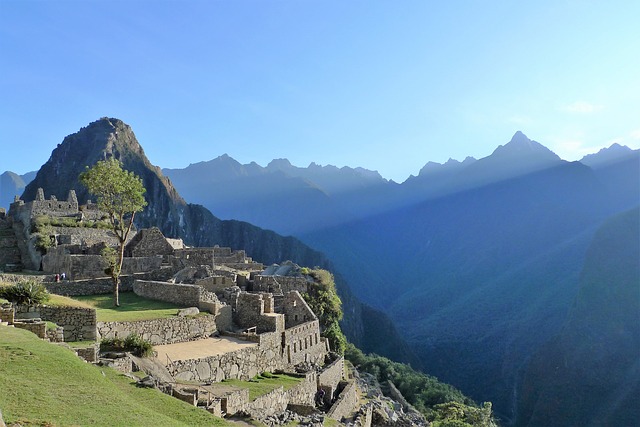Since Wednesday, December 14, 2022, the political crisis in Peru has lead to nearly 5,000 travelers being stranded in Cusco, the gateway to the Inca citadel of Machu Picchu.
“We are concerned because there are tourists – children and elderly people – who are walking from Machu Picchu. The hike is not two hours, it is 8 to 10 hours,” Machu Picchu’s Mayor Darwin Baca told local media.
Baca asked the government for humanitarian relief in the form of helicopters to move travelers. Cusco International Airport, the country’s third-largest, has been closed since Monday, December 12th, when demonstrators attempted to attack the terminal. Tuesday, December 11th, trains to and from Machu Picchu were suspended due to food shortages.
According to Health Minister Rosa Gutierrez, the arrest of previous Marxist President Pedro Castillo ignited a wave of violent demonstrations that resulted in the deaths of 18 individuals. Rocks, logs, and burning tires have been used to obstruct roads and train lines, and airports have been shut down, preventing visitors from leaving the country.
Castillo was removed from office and jailed for rebellion after he attempted to dissolve Congress and govern by decree to escape impeachment on corruption charges. He was first imprisoned for seven days, but according to a judge’s ruling, he would spend 18 months in custody.
Protesters demand the release of Castillo, the resignation of new President Dina Boluarte, and the holding of fresh elections. Friday, Congress rejected a plan proposed by Boluarte to schedule elections in April 2023 rather than April 2026. Early elections were defeated by a vote of 49 to 87, with 25 abstentions, with a deficit of 38 votes. Boluarte has announced 30 days of national emergency.

















More Stories
Toronto Tourism Smashes Records: 28.2M Visitors Power $13.5B Economy
Romania Rises 2026 Iceland Rival w/ Volcanic Harghita + Carpathian Wilds!
Etraveli Group and Frontier Airlines Launch NDC Partnership to Redefine Digital Travel Experiences